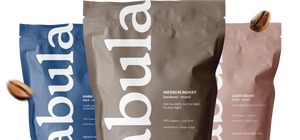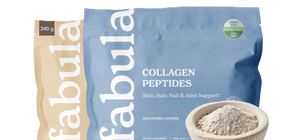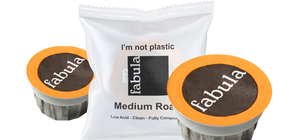In recent years, coffee has been the subject of numerous debates and studies, with one burning question on everyone’s mind: 'Does Coffee Make Your Blood Boil?' In this blog, we delve into the science behind coffee consumption and its effects on your heart health, offering insights that will reassure coffee lovers everywhere.
The Coffee Conundrum
For many, coffee is more than just a beverage; it’s a daily ritual that kick-starts the morning and provides a much-needed energy boost throughout the day. However, concerns about coffee’s impact on blood pressure and heart health have led to widespread speculation. So, does coffee make your blood boil?

The Study: Coffee, Decaf, or Water?
To answer this question, scientists conducted a comprehensive study where participants were assigned to one of three groups: coffee drinkers, decaf drinkers, and water drinkers. The goal was to measure the impact of each beverage on blood pressure and overall cardiovascular function.
The results were enlightening. The study found no significant difference in blood pressure or blood flow between the three groups. This finding suggests that coffee, when consumed regularly, does not negatively influence blood pressure. It's important to note that all participants were habitual coffee drinkers, which indicates that tolerance plays a crucial role in how the body reacts to coffee.

Coffee and Heart Rate
Another common concern is that coffee might cause dangerous fluctuations in heart rate. However, previous research has shown that coffee does not significantly alter heart rate in a harmful way. In fact, for habitual coffee drinkers, the body adapts to the caffeine, mitigating potential adverse effects.
The Key Takeaway: Tolerance and Moderation
The study highlights an essential point: the body's reaction to coffee largely depends on individual tolerance. For those who drink coffee regularly, sticking to a routine that doesn’t exceed your normal intake is unlikely to cause heart-related issues. This means that your daily cup (or cups) of coffee can be a safe part of your routine, provided it’s consumed in moderation.

Enjoying Coffee Safely
For those who enjoy coffee but are concerned about their heart health, this study offers reassurance. Here are a few tips to help you enjoy your coffee safely:
1. Stick to Your Routine: If you’re a habitual coffee drinker, try to maintain a consistent intake that doesn’t exceed your normal amount.
2. Monitor Your Response: Pay attention to how your body reacts to coffee. If you notice any adverse effects, consider adjusting your intake.
3. Consult with a Doctor: If you have existing heart conditions or concerns, it’s always a good idea to consult with a healthcare professional.

So, 'Does Coffee Make Your Blood Boil?' The answer is no, especially if you are a regular coffee drinker who consumes it in moderation. Coffee can be part of a healthy lifestyle, providing that much-loved boost without putting undue strain on your heart.
Ready to enjoy coffee without the worry? Check out our low-acid, organic, healthy, and delicious coffee! Explore our best sellers here and discover your new favorite brew today.
References
1. **Coffee Consumption and Cardiovascular Health**: A comprehensive study exploring the relationship between coffee intake and heart health. https://www.ncbi.nlm.nih.gov/pmc/articles/PMC6412426/
2. **Caffeine and Heart Rate**: Analyzing how caffeine affects heart rate and cardiovascular function. https://www.ahajournals.org/doi/full/10.1161/01.CIR.0000164548.17856.CD





